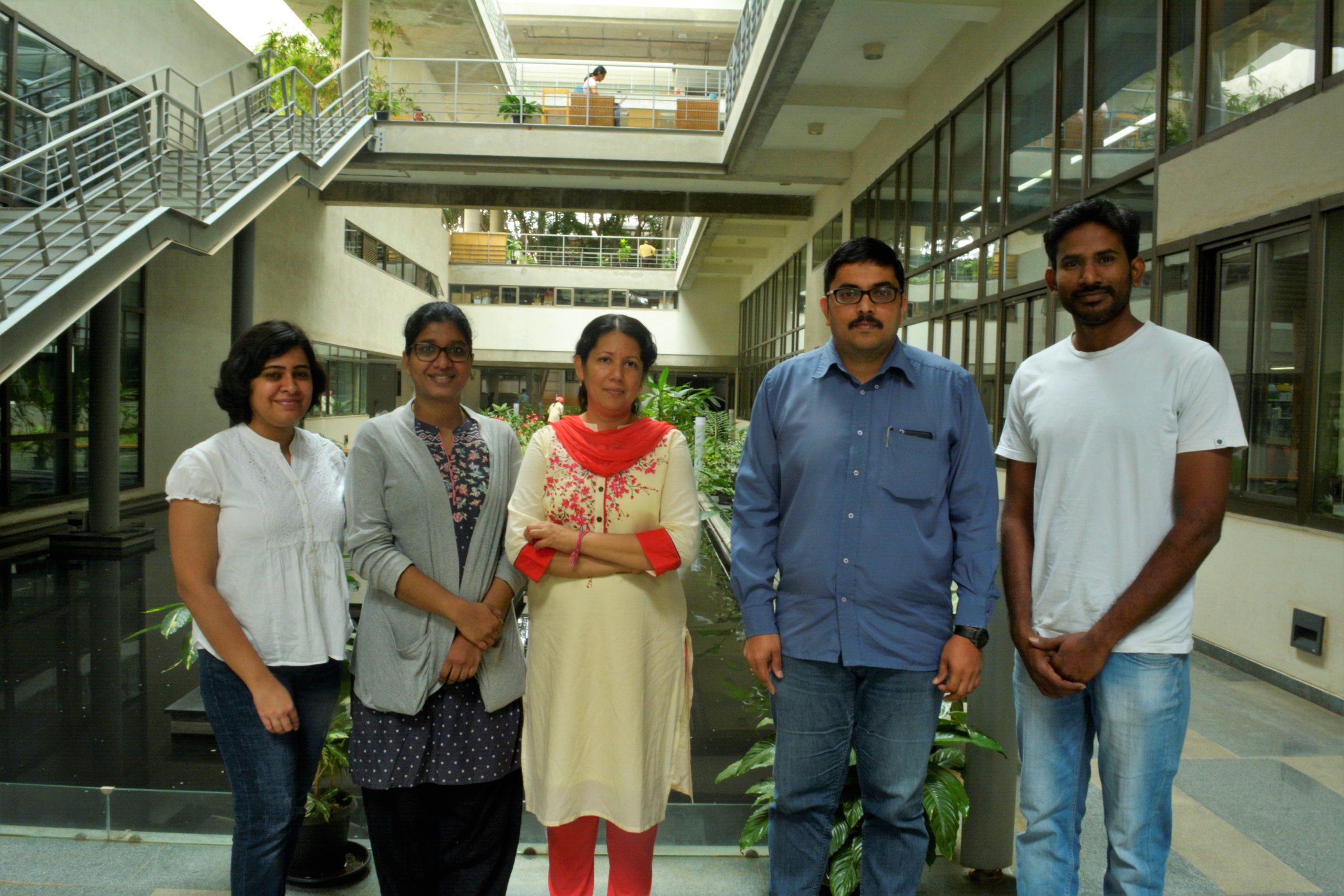In nature, living organisms use primary metabolites containing simple building blocks as their starting materials. An important part of utilizing these starting materials is enzymes, which efficiently catalyze a variety of chemical reactions and generate a large number of natural products through biosynthetic pathways. Because of these natural products, or organic compounds, usually exhibit biological or pharmacological activity, they have been crucial in chemistry development and drug discovery.
Alkaloids are a major and important class of natural products and are widely distributed, found in different kingdoms from bacteria to plants. However, only a limited number of enzymes are known to be involved in the biosynthesis of alkaloids. Recently, the research group of Dr. Hsiao-Ching Lin, an assistant research fellow at the Institute of Biological Chemistry, Academia Sinica, has discovered new enzymes participating in an alkaloids pathway and unveiled the mystery in their biosynthesis. The research results have been published in Angewandte Chemie-International Edition on July 6, 2017.
The okaramines are a class of complex indole alkaloids isolated from Penicillium and Aspergillus species. Structurally, okaramine D contains a polycyclic skeleton, including an azocine ring and an unprecedented 2-dimethyl-3-methyl-azetidine ring (figure A). Owing to their complex scaffold, okaramines have inspired many total synthesis efforts, but the enzymology of the okaramine biosynthetic pathway remained unexplored. Dr. Hsiao-Ching Lin’s group have identified and characterized the biosynthetic gene cluster, then elucidated the pathway with target gene inactivation, heterologous reconstitution, and biochemical characterization. Notably, they characterized a α-ketoglutarate-dependent non-heme FeII dioxygenase (α-KGD, OkaE) that forges the azetidine ring on the okaramine skeleton.
These findings not only reveal insights into specific enzymes but also demonstrate the general potential for synthesizing natural products. Building upon the knowledge of enzymes and their catalytic power will foster new biological methods to manipulate nature’s chemical tools. In turn, future applications to develop enzyme catalysts will promote green chemistry.
The full research article entitled “Biosynthesis of Complex Indole Alkaloids: Elucidation of the Concise Pathway of Okaramines” is available at Angewandte Chemie-International Edition website at http://onlinelibrary.wiley.com/doi/10.1002/anie.201705501/full
Authors: Lai CY, Lo IW, Hewage RT, Chen YC, Chen CT, Lee CF, Lin S, Tang MC, Lin HC



